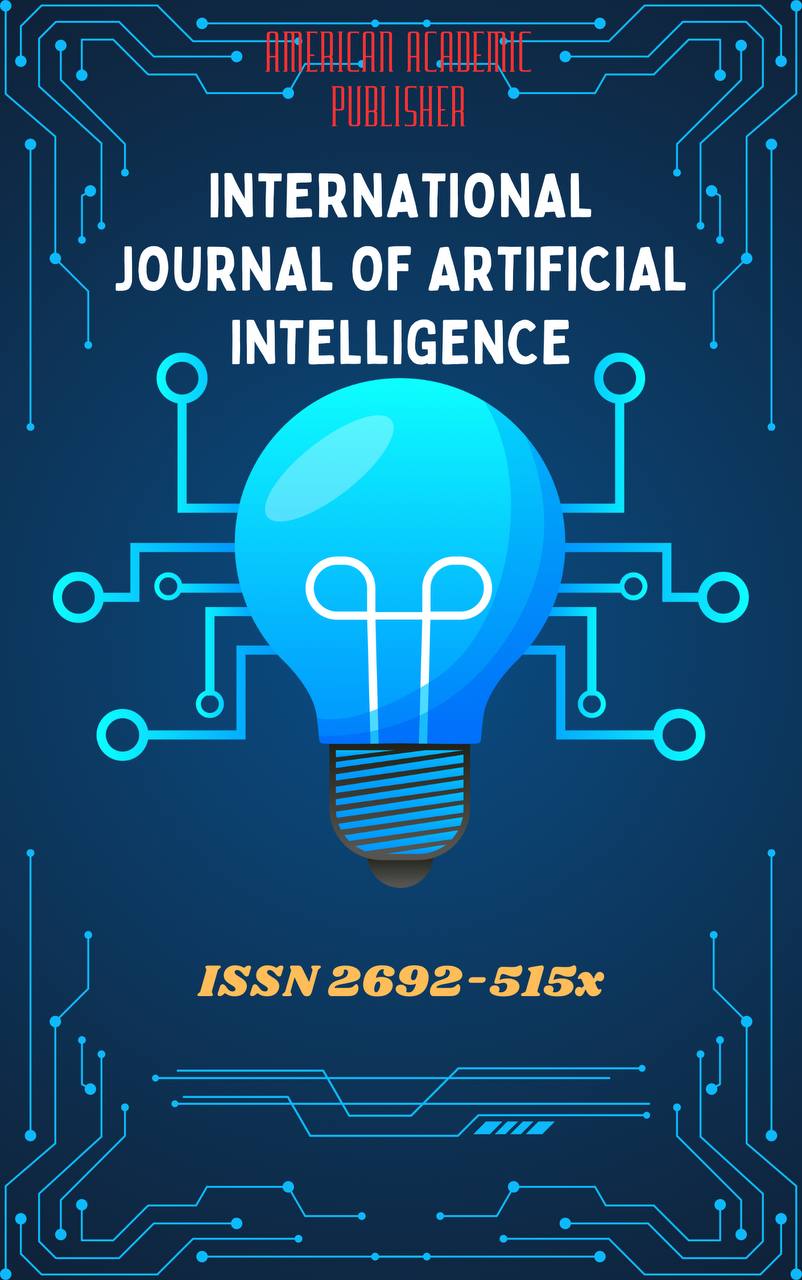 Articles
| Open Access |
Articles
| Open Access | PSYCHOLOGICAL FEATURES OF STUDENTS' THINKING PROCESS AND ITS IMPACT ON THE QUALITY OF EDUCATION
Sevinch Saifieva,Javlon Yuldoshev , Tashkent University of Applied Sciences pedagogy and psychology direction 4-year student /Scientific supervisor: , teacher of the Department of PsychologyAbstract
This article analyzes the psychological characteristics of the formation of the thinking process in students and its impact on the quality of Education. It is argued that thinking as the highest form of human consciousness manifests itself in theoretical, analytical-synthetic, critical and creative approaches. The student period is the most important stage in the development of thinking, during which such skills as deep mastery of knowledge, independent and critical thinking, solving problem situations, a creative approach are formed. The effective course of these processes will serve to improve the quality of education, make students succeed in future professional activities. The article also highlights the theories of psychologist scientists and the importance of the development of thinking in the educational process on a scientific basis.
Keywords
thinking process, student, quality of education, psychological characteristics, analytical thinking, critical thinking, creative thinking, independent reading, motivation
References
G‘oziyev E. Umumiy psixologiya. – Toshkent: O‘zbekiston, 2010.
G‘oziyev E. Psixologiya tarixi. – Toshkent: Universitet, 2015.
Karimova V.M. Psixologiya. – Toshkent: O‘qituvchi, 2012.
Xodjayeva D. Pedagogik psixologiya. – Toshkent: Noshir, 2018.
Ziyayeva F. Tafakkur va shaxs rivoji. – Toshkent: Fan, 2016.
Raxmonqulova D. Talabalarda ijodiy tafakkurni rivojlantirish asoslari. – Toshkent: Innovatsiya-Ziyo, 2021
Article Statistics
Downloads
Copyright License

This work is licensed under a Creative Commons Attribution 4.0 International License.

